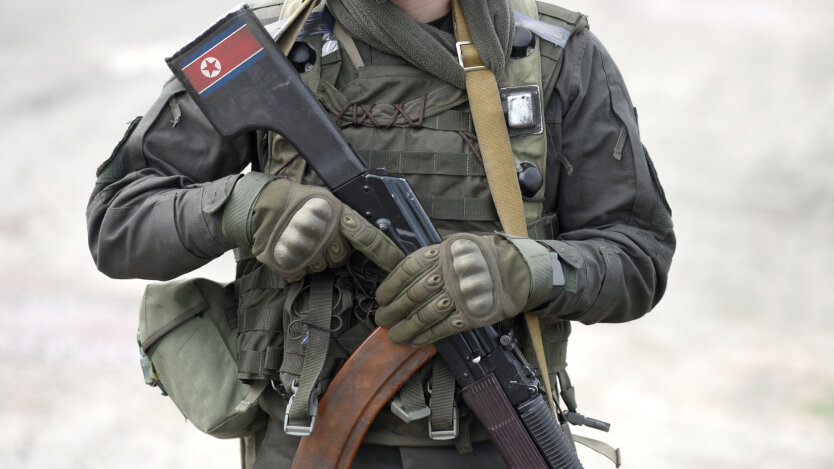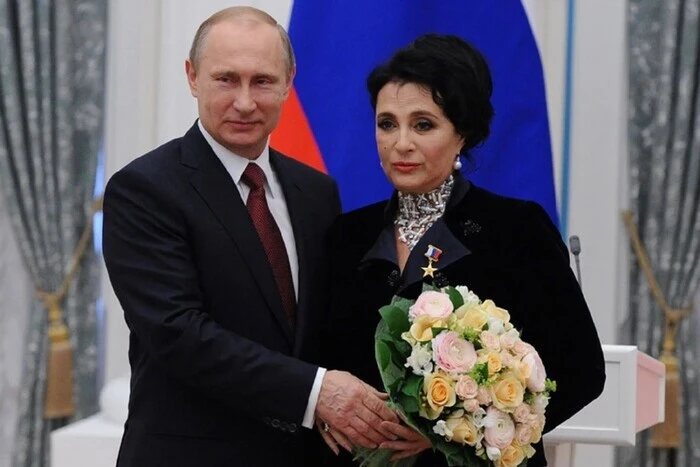NYT reveals how the Armed Forces of Ukraine forced Kim Jong Un to urgently withdraw troops.


North Korean troops withdrawn from the front line after heavy losses
According to information from The New York Times, North Korean military personnel who had been assisting Russian allies in their fight against Ukrainian forces were withdrawn from the front line after sustaining heavy losses.
According to U.S. and Ukrainian officials, North Korean troops that were sent to Russia to bolster Russian forces have not been stationed at the front line for two weeks.
The arrival of 11,000 North Korean soldiers in Russia in November raised concerns for Ukraine and its western allies, as it sparked fears of further deterioration in relations that have been ongoing for three years. However, in the past three months, the number of North Korean troops has halved, reported the Commander-in-Chief of the Armed Forces of Ukraine.
According to Ukrainian military officials, while North Korean soldiers are brutal, they are disorganized. They suffer heavy losses due to a lack of support from Russian units.
Withdrawal of North Korean troops may be a temporary measure
U.S. officials believe that the withdrawal of North Korean troops from the front line may be a temporary measure. There is a possibility that they will return after additional training or if the Russians develop new deployment methods to avoid heavy losses.
It should be noted that North Korea supplies a large number of artillery shells to Russia, while Russia provides North Korea with oil, food, and weaponry upgrades.
Read also
- Canada has imposed sanctions against the coach and lover of Putin
- The Russian missile program essentially consists of propaganda - expert
- Pro-Russian cultural center in Berlin costs Germany €70,000 per year
- Trump announced full control of the U.S. and Israel over Iranian airspace and demanded Tehran's capitulation
- Pension payments for disabled servicemen: what is important to know
- CPD explained why the Russian Federation is systematically shutting down mobile internet in the regions










